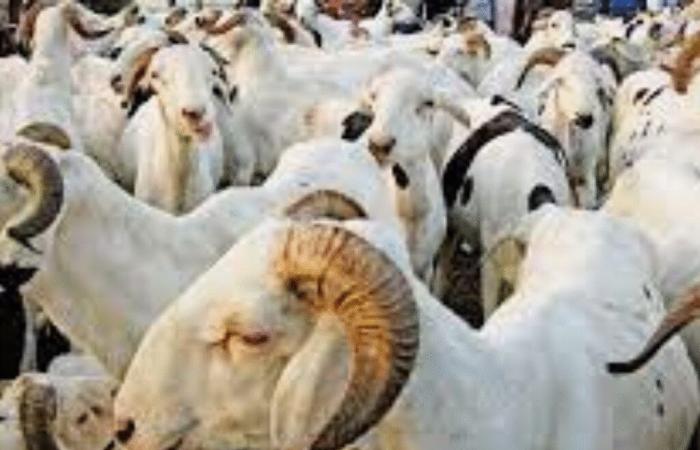As the Tabaski 2025 approaches, the department of Linguère stands out as the main national hub for supply in sheep. With more than 126,000 heads already conveyed, authorities and breeders are busy to guarantee each Senegalese a sheep, according to their means.
As the Tabaski festival approaches, more than 126,000 sheep have been sent from the department of Linguière towards various regions of the country, including Dakar, Thiès and Touba. According to the head of the departmental livestock service, this means that one in four sheep sacrificed in Senegal comes from this area.
During the Regional Development Committee (CRD) preparatory, The manager stressed that this figure could further increase this year. He highlighted Linguère’s strategic importance in the country’s supply, adding:
“Field statistics reveal that the department plays a crucial role in the farming sector at the national level. »»
The objective remains clear: that each Senegalese can celebrate the Tabaski according to his means.
“The government wants to ensure that everyone has access to a sheep, whatever their income. This is why we are planning an even more consistent supply this year, “he added.
For his part, the prefect of Linguère, Aliou Babou Kâ, recalled the measures taken to supervise the operation. All the services concerned – security, local authorities, technical services – have been mobilized to guarantee well -equipped, accessible points of sale and respecting hygiene standards.
The prices of sheep currently vary between 80,000 and 300,000 FCFA, with offers adapted to all budgets, as Alassane Sow, operator in the sector said.








